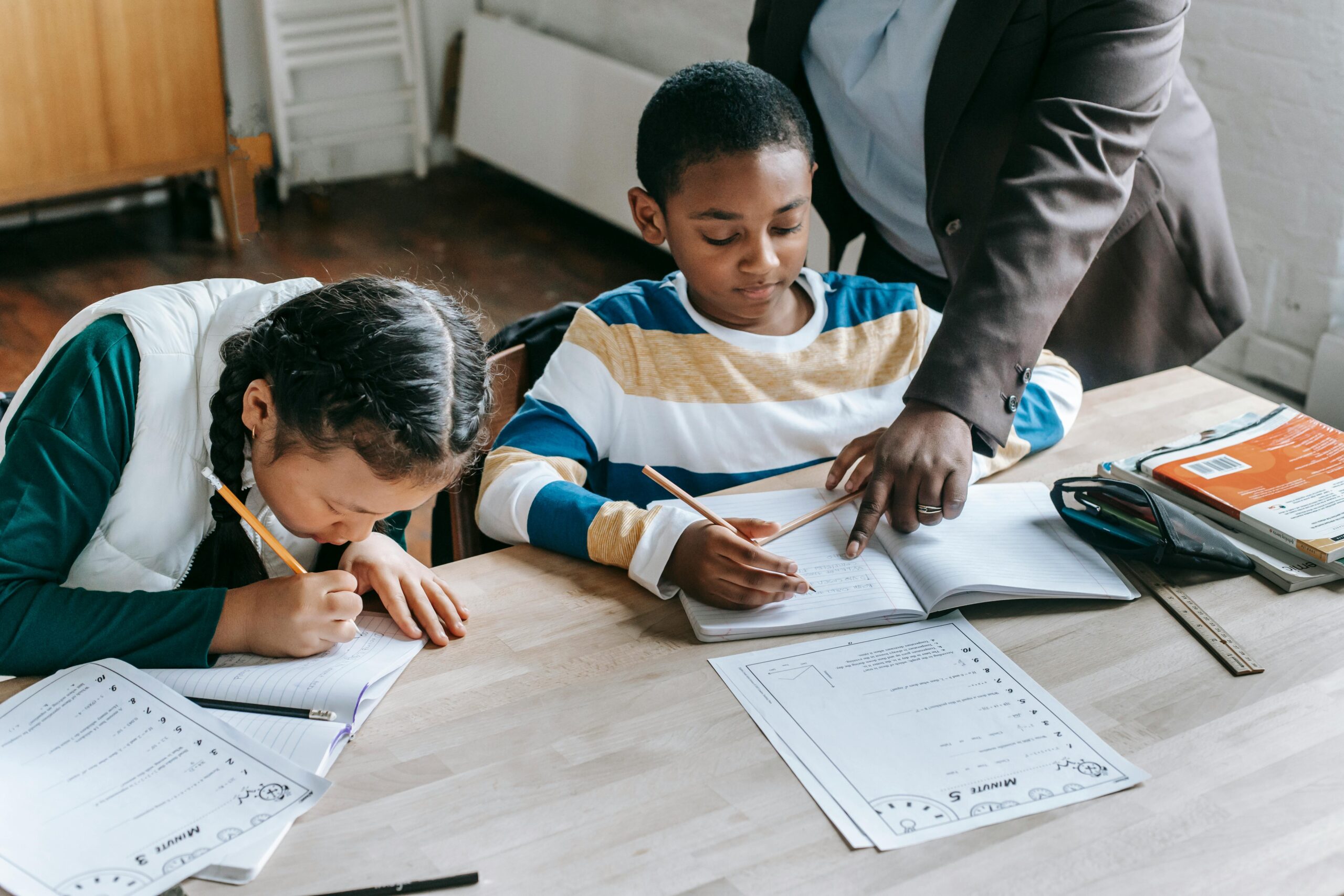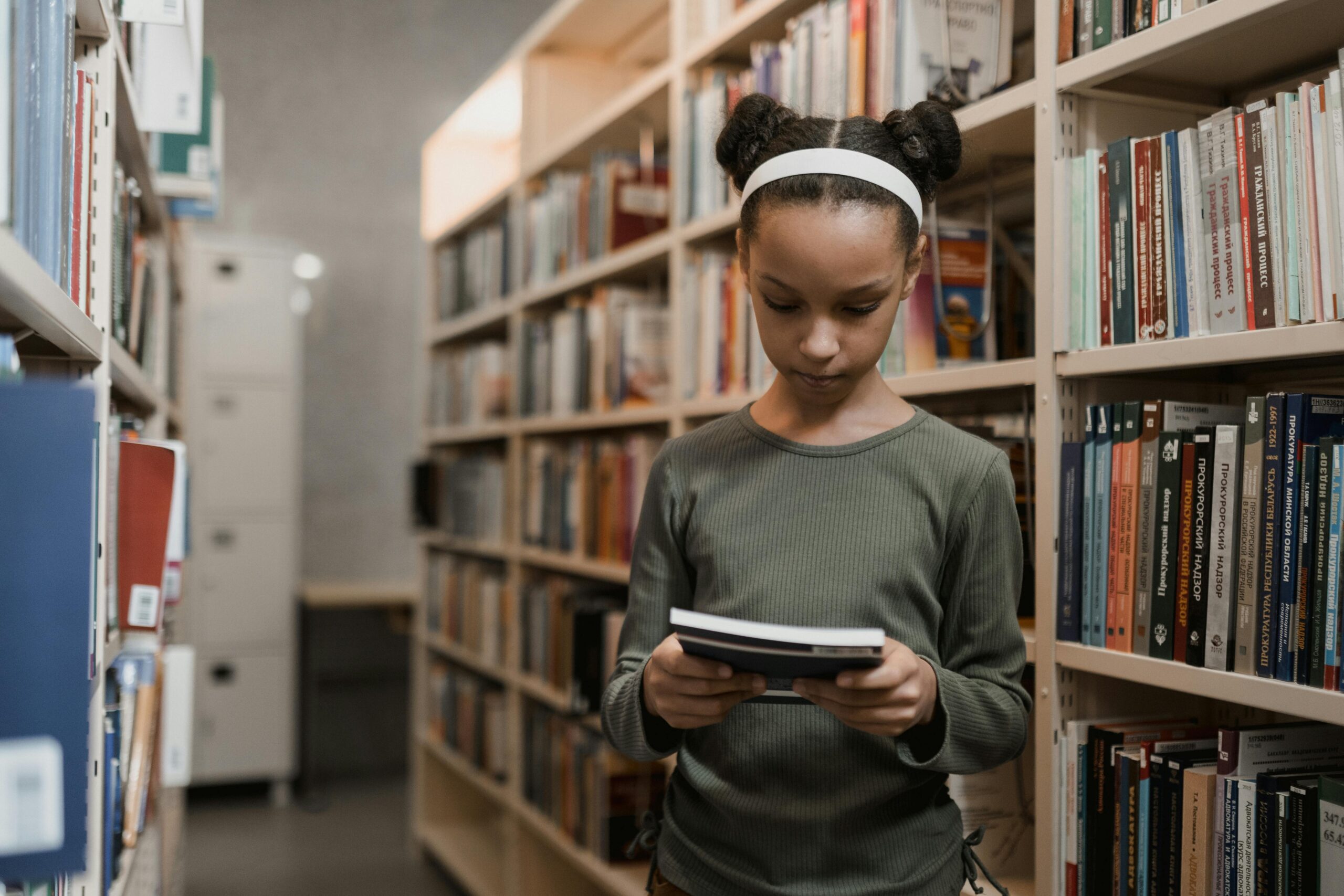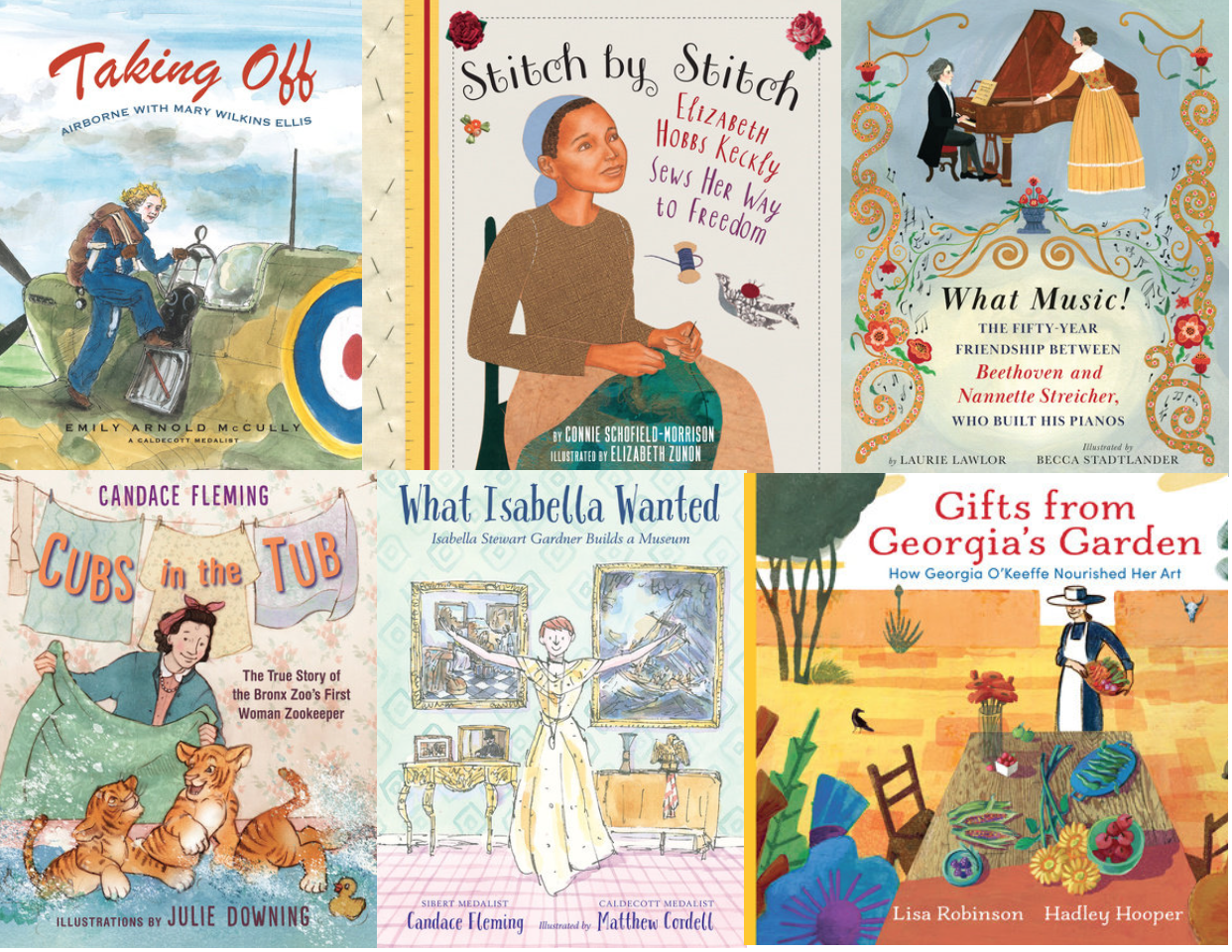
By Nicole McCray
Getting a music education from a young age shapes us and helps us become more rounded and cultured individuals. This experience isn’t just about knowing how to play an instrument or read notes – it’s also about tapping into your vast creative potential and being surrounded by people with similar sensibilities.
Being immersed in the world of music gives us a unique perspective on life, and it’s up to us to help new generations truly understand this. We should peer into what makes young people tick and adjust their music education accordingly. The good news is that the constant advancement of technology allows us to innovate and find new ways to inspire our young musicians, which I strongly believe is the way forward. If you’re looking for new ways to improve music education and refresh your daily music classes, here are some ideas to help you.
Technology Is the Way Forward
I know that combining traditional music classes with modern approaches and methods can be tricky, but if we want to empower our new generations to become musicians and producers, this is the way to do it.
The world and all its technological might are at our fingertips, all we have to do is harness it. Younger generations count on us to be better teachers and motivators, and the way forward is innovation through technology.
Making the Most of Online Platforms
Nowadays, it’s easier than ever to connect, share experiences, and create new music together, even if students are continents apart. While I agree that live lessons are indispensable when you’re learning how to play an instrument, not everyone has that opportunity. Still, thanks to modern technology, that doesn’t have to be a deal breaker anymore.
Virtual learning spaces and classrooms allow kids worldwide to connect with a teacher they choose and start learning. This opens up room for the expansion of music education unlike anything else we’ve ever seen. All students need is access to the internet, an instrument, and a music education platform of their choosing, and they can start learning.
Some of these music education platforms boast a variety of interactive elements and tools, including the possibility to record sessions, share notes, and even compose music. Students don’t necessarily have to spend more money on acquiring additional gear, they can find programs and software online. Learning how to play and create music is more accessible than ever, and that alone can empower the next generation to start and improve their music education.
Understanding Copyright and Licensing on a New Level
Social media and various music platforms have made it easy for up-and-coming artists to showcase their music and talent, opening up a world of opportunities for them. However, this digital landscape comes with its challenges, the biggest ones being the lack of knowledge about copyright and music licensing.
Too often, an artist gets caught up in the creative process and wants to share their music with the world without knowing how to protect it legally. Sometimes, they know they should do something, but it’s usually not enough to keep their intellectual property safe. Music teachers and mentors should disseminate knowledge about digital copyright so that it’s easier for budding artists to navigate these murky waters.
By investing time and effort into educating young people about the best practices to protect their music and legally use someone else’s, we’re ensuring that the next generation knows just how important it is to respect someone’s creative expression. This innovative approach could help pave the path for more ethical practices within the music industry, and we can make it happen as long as we “start them young.”
With GenZ spending a lot more time on social media, understanding music copyright on Instagram, YouTube, TikTok, and other platforms also opens the door for expansion on all fronts – be it collaboration, monetization, or everything in between. Law and creativity aren’t mutually exclusive, they’re brought together through ethical cooperation and mutual respect of artists.
Be it through hands-on projects like case studies or interactive online courses and workshops, helping young artists understand licensing laws is an often overlooked subject when it should be anything but. Thankfully, there are resources out there that can help inexperienced artists protect themselves. Platforms like Synchtank, Soundcharts, and the US Copyright Office are there to familiarize artists with their rights and laws to follow. Still, it’s important for musicians to be aware of music licensing and its significance early on.
This is where music educators come in. While the subject of copyright might not be the most inspiring topic on the curriculum, it’s essential to include it so that our students know that these laws are a tool they should have and know how to use.
Learning about Music in the World of AI, VR, and Apps
In my opinion, one of the best things about music education today is that you can approach it from so many different perspectives. You can use almost any technology you can think of, the only limit is your imagination.
A great example of that are apps that simulate playing instruments on a phone or a tablet, and they have an interface similar to a game. If you’ve got a student who maybe doesn’t have their own instrument yet, introducing them to these apps could be a great start for them. They can learn some basics, get more comfortable reading notes, and keep track of their progress. It’s definitely a different approach from traditional music education, but it could be a fun way to get young kids into music.
Then there’s the all-present AI, which has found its way into music creation and production. While it could never replace human imagination and creativity, AI-based software can help enhance the music of young producers by analyzing just about any piece of music it comes across and suggesting improvements. If used correctly, AI can be a powerful tool, so it’s important for their instructors to help them understand how to use those tools best.
If you’re looking for something that will completely shift your students’ perspective, why not use virtual reality technologies? These can help you simulate live concerts and play with orchestras before your students even reach the stage. If you’ve got a student who’s battling stage fright or someone who’s never performed in front of a live audience, using VR technologies to immerse them into the experience before actually going through it could make a world of difference for their performance.
Harnessing Technology: Tools and Apps Elevating Music Education
Innovative technology has opened new avenues for music education, making it more accessible, interactive, and engaging. A plethora of apps and platforms are at the forefront of this transformation, each offering unique features to empower the next generation of musicians. Here’s a look at some of these groundbreaking tools:
Yousician stands out as an interactive platform that makes learning an instrument fun and efficient. Using a game-like format, it offers lessons for guitar, piano, ukulele, and bass, providing instant feedback and adapting to individual skill levels.
GarageBand, Apple’s renowned music creation studio, offers a comprehensive set of instruments and features. It’s an excellent tool for students to experiment with recording, editing, and mixing, fostering a deep understanding of music production.
For collaborative music-making, Soundtrap is a stellar choice. This digital audio workstation (DAW) allows students to create and share music projects in a cloud-based environment, facilitating teamwork and creativity.
Simply Piano focuses on making piano learning straightforward and enjoyable. The app listens to students play and guides them through lessons tailored to their progress, making it a favorite for beginners and intermediate learners.
When it comes to mastering music theory, MusicTheory.net is an invaluable resource. With its comprehensive lessons and tools, it caters to both novices and advanced learners, solidifying the foundational knowledge of music.
SmartMusic takes a holistic approach to music practice. This web-based suite not only assists teachers in assigning work but also tracks student progress, ensuring a structured and effective learning process.
BandLab for Education offers a safe, all-in-one platform for classroom music creation. Its intuitive interface and diverse tools make it a go-to for collaborative music projects in an educational setting.
Solfeg.io brings popular music into the classroom. By using well-known songs, it offers interactive lesson plans that are both engaging and educational, making the learning process relatable and fun.
Piano enthusiasts find a valuable ally in Flowkey. Known for its real-time feedback and diverse song library, this app helps students improve their playing skills in an interactive manner.
Lastly, Noteflight is a game-changer for music composition. This web-based application lets students create, view, and hear professional-quality music notation, fostering compositional skills and musical understanding.
Incorporating these tools into music education not only enhances learning experiences but also prepares students for a future where technology and music increasingly intersect.
Music Education is Innovation
Finding innovative approaches to music education is a process that can always be improved and further explored. While I know that innovation can be hard and require a lot of work, the value that students get from it could set them on a new path in their music education. You never know what could make the greatest difference to your students, so be sure to observe their needs and look for innovation in a way that will fulfill and inspire them.


Nicole McCray is a content creator who spends her time writing about everything, including beauty, health and wellness, pet care, music, movies, and TV. She writes for various blogs and loves using her insight to help any audience.
















